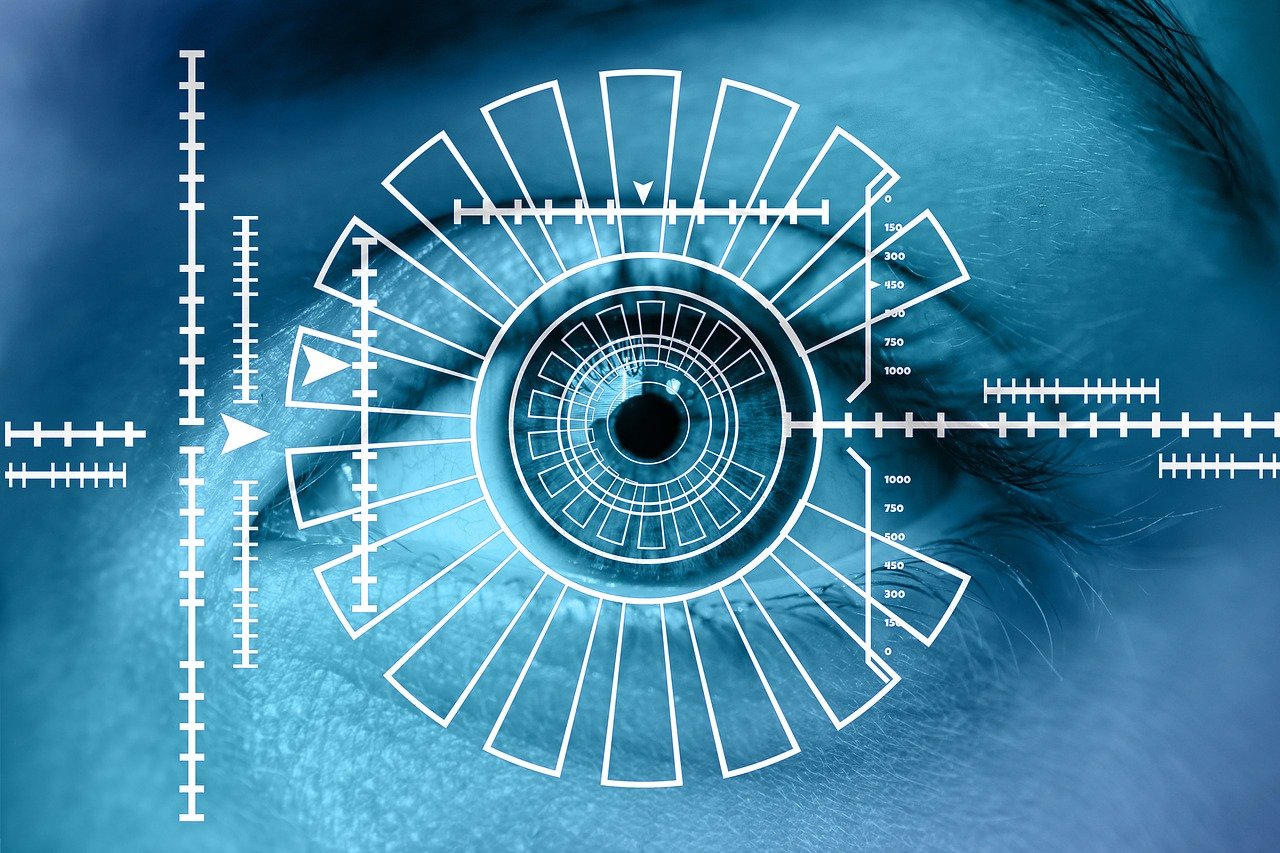History offers a cautionary tale for biometric covid tracking systems
By Michelle Spektor,
The Washington Post
| 02. 03. 2022
Places around the world are using biometric technologies for coronavirus contact tracing and surveillance. For example, a municipality in South Korea is expected to roll out a program that uses facial recognition to track infected people. Other countries plan to implement, or have already implemented, similar systems, and some U.S. states are moving in that direction. Companies are developing facial recognition systems equipped with body temperature sensing capabilities, and Seychelles International Airport just implemented such a system for traveler health screening.
Legal experts and advocacy groups have said these systems raise concerns about privacy, data collection without consent, expanding government surveillance and discrimination against marginalized groups. Studies show that facial recognition technologies are more likely to misidentify women, the elderly and Black, Asian and Indigenous people. Biometric systems used for contact tracing could also expand beyond their original purposes. After all, biometric coronavirus tracking systems often rely on preexisting infrastructures, like closed-circuit television (CCTV) systems, originally created for other reasons.
And history indicates that these fears are well-founded. While the technology may be new, using biometrics to respond...
Related Articles
A Review of Exposed by Becky McClain
“Do not get lost in a sea of despair. Be hopeful, be optimistic. Our struggle is not the struggle of a day, a week, a month, or a year, it is the struggle of a lifetime. Never, ever be afraid to make some noise and get in good trouble, necessary trouble.”
— John Lewis
Becky McClain became famous when she successfully sued Pfizer, one of the very largest pharmaceutical and biotech companies. She...
By staff, Japan Times | 12.04.2025
Japan plans to introduce a ban with penalties on implanting a genome-edited fertilized human egg into the womb of a human or another animal amid concerns over "designer babies."
A government expert panel broadly approved a proposal, including the ban...
By Katherine Long, Ben Foldy, and Lingling Wei, The Wall Street Journal | 12.13.2025
Inside a closed Los Angeles courtroom, something wasn’t right.
Clerks working for family court Judge Amy Pellman were reviewing routine surrogacy petitions when they spotted an unusual pattern: the same name, again and again.
A Chinese billionaire was seeking parental...
By Sarah A. Topol, The New York Times Magazine | 12.14.2025
The women in House 3 rarely had a chance to speak to the women in House 5, but when they did, the things they heard scared them. They didn’t actually know where House 5 was, only that it was huge...




